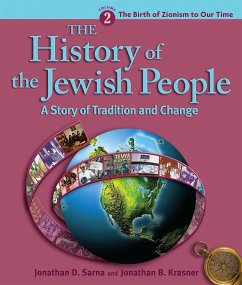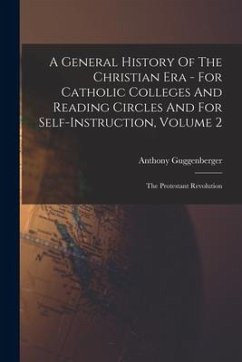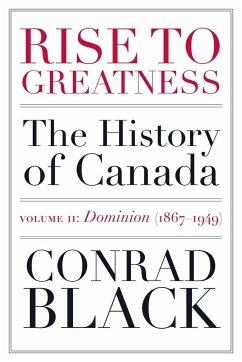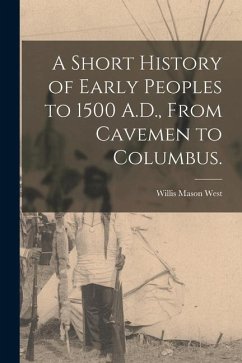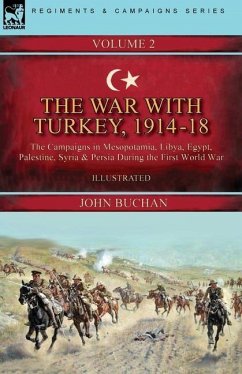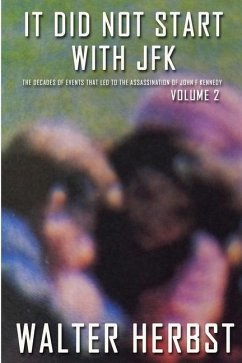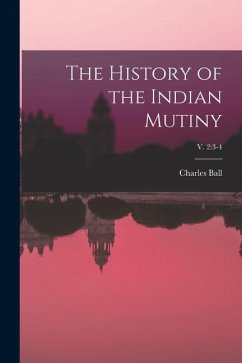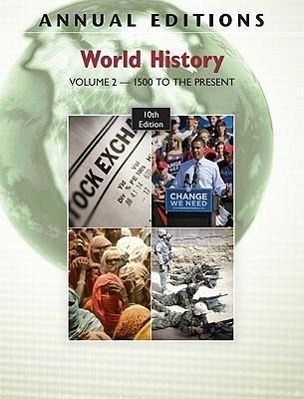
World History, Volume 2: 1500 to Present
Versandkostenfrei!
Versandfertig in über 4 Wochen
47,99 €
inkl. MwSt.

PAYBACK Punkte
24 °P sammeln!
Annual Editions is a series of over 65 volumes, each designed to provide convenient, inexpensive access to a wide range of current articles from some of the most respected magazines, newspapers, and journals published today. Annual Editions are updated on a regular basis through a continuous monitoring of over 300 periodical sources. The articles selected are authored by prominent scholars, researchers, and commentators writing for a general audience. The Annual Editions volumes have a number of common organizational features designed to make them particularly useful in the classroom: a genera...
Annual Editions is a series of over 65 volumes, each designed to provide convenient, inexpensive access to a wide range of current articles from some of the most respected magazines, newspapers, and journals published today. Annual Editions are updated on a regular basis through a continuous monitoring of over 300 periodical sources. The articles selected are authored by prominent scholars, researchers, and commentators writing for a general audience. The Annual Editions volumes have a number of common organizational features designed to make them particularly useful in the classroom: a general introduction; an annotated table of contents; a topic guide; an annotated listing of selected World Wide Web sites; and a brief overview for each section. Each volume also offers an online Instructor's Resource Guide with testing materials. Using Annual Editions in the Classroom is the general instructor's guide for our popular Annual Editions series and is available in print (0073301906) or online. Visit www.mhcls.com for more details.




